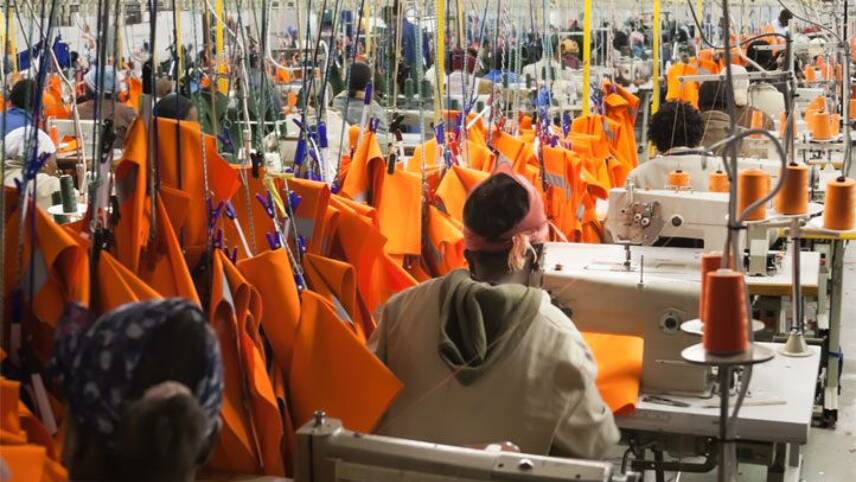Register for free and continue reading
Join our growing army of changemakers and get unlimited access to our premium content

The new study was carried out by the World Benchmarking Alliance (WBA) as a supplement to its Corporate Human Rights Benchmark, published last November. Some 229 companies are included in the benchmark and new study, spanning the global agriculture, apparel, extractives, ICT and automotive sectors.
Building on the damning findings of the Benchmark, in which one-third of companies scored zero on due diligence, the new study revealed that only one-quarter of companies were able to prove that they were helping suppliers mitigate the financial and social impacts of changing demand during 2020.
Many fashion brands, for example, have been accused of refusing to pay in full for completed or in-process orders because they are dealing with store closures and changing demand, leaving suppliers, often in less developed nations, in the lurch. The WBA names Marks & Spencer (M&S) as one of the few brands to buck this trend, paying for all shipped products and products that could not be shipped while facilitating the distribution of emergency relief funds.
More broadly, the WBA found that only 17% of businesses surveyed were able to prove they took measures to safeguard pay and ensure sick leave across the supply chain and with wider business partners.
The picture was not much better for efforts to protect human rights within business’ direct operations. Three-quarters of businesses did not tell the WBA how they provided sick leave for workers in their own operations. Without paid sick leave, businesses run the risk of staff coming to work with Covid-19 and spreading the virus.
Spotlight on the automotive sector
Performance was generally poor across all sectors assessed, but WBA clocked the highest scores for agriculture and the lowest for automotive.
While agriculture businesses outscored the average on governance, short-term actions to mitigate health and safety and livelihood impacts, and grievance mechanisms, the automotive sector underscored.
Only 10% of automotive businesses contacted by the WBA responded to the survey. And, of the firms that did disclose, only Volkswagen provided detailed information.
The report states: “Overall, the study shows that the majority of companies, across all sectors, have failed so far to demonstrate a meaningful response to the crisis, and still have a long way to go to adequately manage the risks and impacts of COVID-19.
“Given the amount of public financial support provided by governments around the world since the beginning of the crisis, the fact that two-thirds of companies failed to describe steps taken to avoid redundancies is particularly concerning.”
New corporate disclosure requirements on the horizon
The study from the WBA was published in the same week that the European Commission closed its consultation on new due diligence requirements for companies, covering both their environmental impacts and their approach to human rights.
The proposed directive on Corporate Due Diligence and Corporate Accountability, in its current form, is designed to enshrine in law and obligation for all large businesses to consider the interests of all stakeholders – not just shareholders. Proposed definitions for stakeholders cover staff in operations, those employed in supply chains, local communities and the environment.
This obligation would be realised through new disclosure requirements, implemented on a ‘comply or explain’ basis. While many businesses are disclosing this information voluntarily, some experts believe laggards will not do so without a requirement. One major voluntary reporting framework is the GRI Standards.
“We welcome the European Commission’s efforts to ensure that businesses demonstrate greater accountability for their human rights and environmental obligations and strongly support moves towards mandatory due diligence,” GRI’s chief external affairs officer Peter Paul van de Wijs said.
“The clock is already ticking on the EU Green Deal and Covid-19 recovery plan and the private sector has a key role in achieving a sustainable and just transition. Alongside our backing for the Commission’s crucial work to strengthen non-financial reporting requirements, GRI will continue to collaborate and offer our support.”
The European Commission first set plans in motion for the directive last April and is hoping to finalise new requirements this year.
Sarah George


Please login or Register to leave a comment.